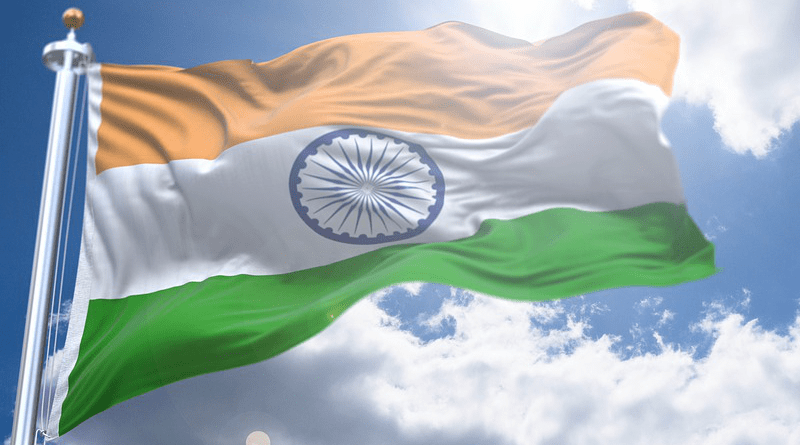India’s Pragmatism Towards The West – OpEd
By Shaimin Raja
India, the world’s largest democracy and a rising global power, has often been viewed as a natural ally of the US and the EU in countering China’s influence and promoting a rules-based international order. However, its responses during the 2022 war between Russia and Ukraine have shed light on the intricacies and contradictions of India’s alignment with the West. This article argues that India operates as a pragmatic and opportunistic player, prioritizing its own interests and values, even if they diverge from those of its Western partners.
Pragmatic Energy Policies – A Driving Force Shaping India’s Actions
India’s foreign policy decisions are significantly influenced by its pursuit of energy security. With an ever-growing demand for oil and gas, India heavily depends on energy imports, relying on foreign sources for around 85% of its oil and 53% of its gas needs.
The outbreak of the Ukraine-Russia conflict provided India with an opportunity to strengthen its energy security by capitalizing on Russia’s attractive discounts on oil prices. As a result, India considerably increased its oil imports from Russia during the war, with Russian oil now accounting for nearly 20% of India’s annual crude imports, up from a mere 2% in 2021.
A Balancing Act – India’s Pragmatic Stance on the Ukraine-Russia Conflict
India’s approach to the Ukraine-Russia conflict reflects pragmatism and strategic considerations. Nonetheless, this pragmatism has created challenges and risks for its foreign policy. On one hand, India faces pressure and isolation from its Western allies and partners, who firmly oppose Russia’s aggression in Ukraine. Both the US and the EU have expressed dissatisfaction with India’s oil purchases from Russia, contending that it weakens the sanctions regime and eases pressure on Moscow to end its aggression.
Furthermore, they have cautioned India about the potential risks associated with over-reliance on Russian energy, such as supply disruptions, price volatility, and security threats. On the other hand, India grapples with uncertainties and volatility from its strategic partner, Russia, which is enmeshed in a conflict that holds significant implications for regional and global stability. Russia’s actions in annexing parts of Ukraine have been executed without prior consultation with India, and its disregard for international law and norms poses challenges for India’s interests, particularly in Afghanistan, where Russia’s support for the Taliban regime can be a cause for concern.
India’s oil imports from Russia have generated concerns among its Western allies and partners, leading to the imposition of sanctions on Russia’s oil and gas sector and urging countries to decrease their dependence on Russian energy. The US and the EU have introduced measures such as a price cap plan, aimed at limiting Russia’s oil export revenues to keep prices below $60 per barrel. Moreover, the EU has ceased Russian oil imports by sea and banned the import of refined oil products from Russia, attempting to exert pressure on Russia and signal collective condemnation of its actions in Ukraine.
India’s Defense of its Energy Policy and Quest for Strategic Independence
In the face of criticism, India has staunchly defended its oil imports from Russia, citing energy security and economic interests as primary drivers of its decisions. India contends that as a nation heavily reliant on energy imports and with a significant population living in poverty, it cannot afford to bear the burden of higher oil prices.
The country emphasizes that it is not in violation of any international law or obligation by purchasing oil from Russia and clarifies that it has not explicitly endorsed or supported Russia’s invasion of Ukraine.
Conclusion
India’s foreign policy responses during the Ukraine-Russia conflict underscore the nation’s pragmatic approach to international relations. India’s focus on energy security and economic interests has led to strategic choices that may not always align with those of the US and the EU. Consequently, India’s alliances are multifaceted, not solely grounded in ideological or geopolitical factors. The implications of India’s actions raise questions about its role in the Indo-Pacific region and the global order, urging the US and the EU to recalibrate their expectations and strategies towards India.
Acknowledging India as a competitor and a challenge rather than an unwavering ally will be crucial for understanding the dynamics of future collaborations and navigating the nuances of India’s foreign policy decisions on the international stage. As India continues to assert its strategic independence, its pragmatic foreign policy will continue to shape its alliances and interactions with the wider world.

